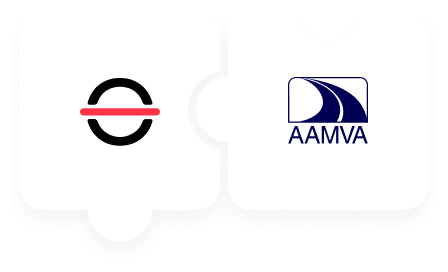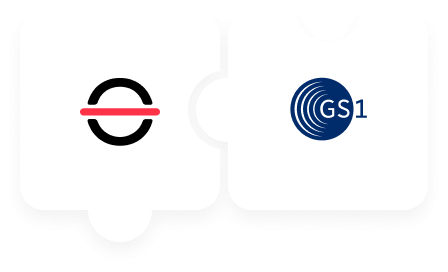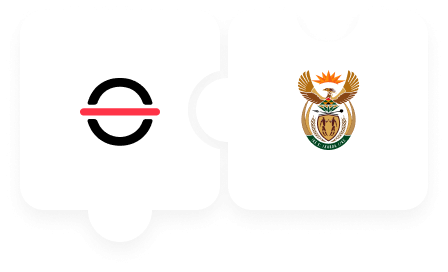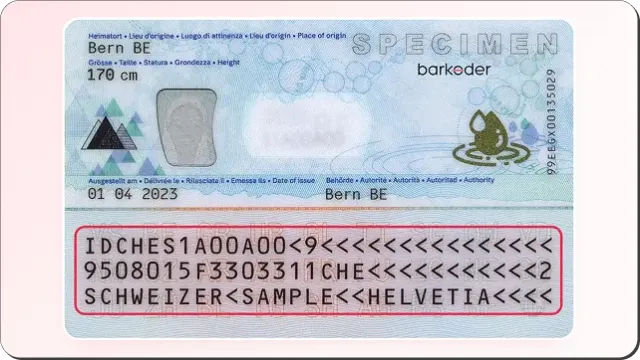Intelligent Barcode Parsing for IDs, Licenses, and Supply Chains
barKoder’s built-in parsers instantly extract structured data from AAMVA, South African driver’s licenses, MRZ zones, and GS1 barcodes — no manual processing needed.
barKoder’s built-in parsers instantly extract structured data from AAMVA, South African driver’s licenses, MRZ zones, and GS1 barcodes — no manual processing needed.



barKoder includes powerful, built-in data parsers that go beyond scanning — they automatically extract and organize information from industry-standard barcodes. Each parser is purpose-built to handle a specific barcode format, returning clean, structured data you can use immediately in your app, system, or workflow.
Each parser returns structured JSON-style objects, with labeled key-value pairs ready to plug into your application. No need for manual decoding or string manipulation.

barKoder supports AAMVA-compliant PDF417 barcodes found on U.S. and Canadian driver’s licenses and ID cards.
This parser extracts:
Perfect for KYC, access control, or any workflow requiring quick and accurate ID capture.

barKoder includes a native parser for GS1 barcodes, unlocking structured extraction of application identifiers (AIs) commonly used in retail, logistics, and supply chains.
Automatically extracts:
This parser simplifies ERP and inventory integration by eliminating the need for manual parsing logic.

Optimized for South African driving licenses, this parser decodes the compact 2D barcode and returns structured fields including:
Ideal for vehicle rental, ID verification, and mobile enforcement applications.

barKoder can not only scan but also parse data found within MRZ zones on passports, ID cards, and travel documents (ICAO-compliant formats).
Supports:
Used for travel, security, immigration, or any identity-sensitive workflow.
barKoder is now officially registered as an EU trademark, reinforcing our long-term commitment to trusted barcode and OCR scanning innovation.
Feb 03, 2026
OCR VIN enables fast and accurate scanning of Vehicle Identification Numbers directly from text using the device camera. It recognizes 17-character VINs from metal plates, windshields, labels, and documents—no barcode required. Designed for real-world conditions, it works even in low light, at angles, or on worn surfaces. Ideal for automotive, insurance, fleet, and inspection workflows.
Feb 11, 2026
Barcode scanning is no longer limited to supermarkets and warehouses. In today’s digital-first world, schools and universities are adopting barcode scanning systems to improve efficiency, accuracy, security, and organization. From attendance tracking to library management and exam control, barcode technology is quietly transforming education.
Feb 09, 2026